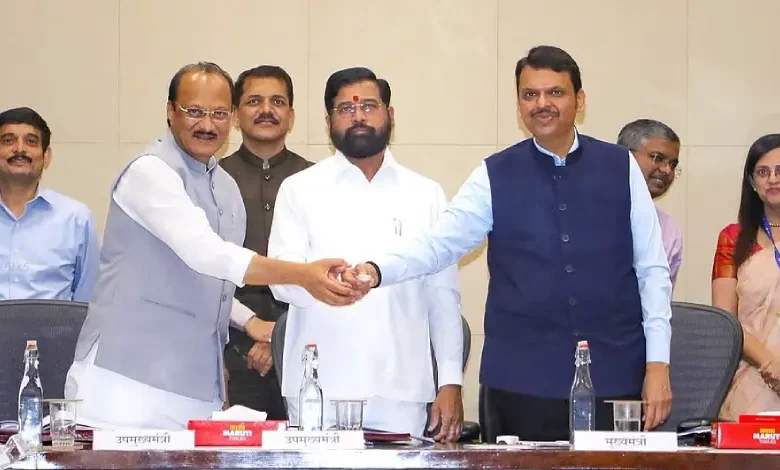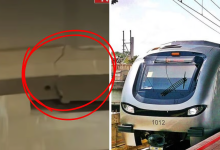Maharashtra Unveils e-Cabinet, Boosts Tribal Student Aid and Major Infrastructure Initiatives

Maharashtra ushered in a new era of governance on Tuesday with the launch of its first e-Cabinet, a bold move toward paperless administration. The initiative equips ministers with iPads to access cabinet agendas, proposals, and past meeting records digitally, aiming to enhance efficiency and curb leaks of sensitive information.
The state has invested ₹1.06 crore to provide 50 iPads, complete with keyboards, Apple Pencils, and protective cases. Chief Minister Devendra Fadnavis, who previously raised concerns about agenda leaks, championed the shift to ensure greater confidentiality. Food and Civil Supplies Minister Chhagan Bhujbal, briefing the media, explained that cabinet documents will now be shared securely via official email accounts, with each minister receiving unique login credentials. The Information Technology Department has trained ministers to navigate the system, which also grants access to PowerPoint presentations and prior cabinet decisions.
First proposed by Chief Secretary Sujata Saunik in January, the e-Cabinet was approved to reduce paper usage and promote transparency. “This system eliminates physical documents and safeguards proposals,” an official told reporters, highlighting its role in Maharashtra’s vision for streamlined governance. As ministers grow accustomed to the technology, officials expect future cabinet meetings could go fully digital.
In a parallel move to support education, the Maharashtra Cabinet approved a significant hike in living and meal allowances for Scheduled Tribe (ST) students in government hostels. The increase, which nearly doubles existing rates, alongside a boost in scholastic material allowances, will benefit over 58,700 students across 490 hostels 284 for boys and 206 for girls. This initiative seeks to ease financial burdens for tribal students pursuing higher education away from home.
The Cabinet also greenlit several infrastructure projects:
- ₹862.29 crore for a hydroelectric power plant at Koyna Dam’s left bank.
- A Bandra (East) plot transfer to the Public Works Department for High Court construction, at no cost.
- Allocation of 7,000 square meters in Chikhli village for a sewage treatment plant by the Pimpri-Chinchwad Municipal Corporation.
- A state-backed ₹2,000 crore HUDCO loan for urban infrastructure, with the guarantee fee waived.
These decisions underscore Maharashtra’s dual focus on digital innovation and inclusive growth, setting a precedent for modern governance in the state.




